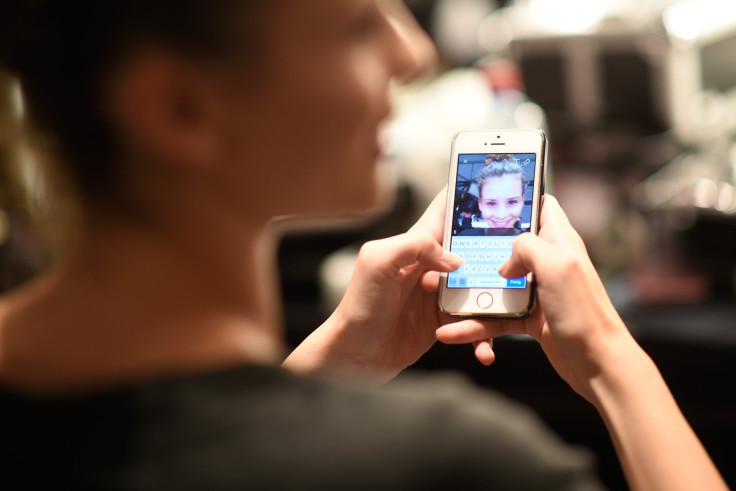What Is Information Overload? Internet May Be Overwhelming Users With An Avalanche Of Content

You would think it’s those being bombarded by the most information from the most sources who would be the most overwhelmed — and you would be wrong. A Pew Research Center survey released Wednesday indicates it’s those with the fewest electronic gadgets who are the most overwhelmed.
It was unclear whether people seek more pathways to information first or whether acquiring gadgets makes them more interested in looking for information, the Pew researchers said.
The amount of information available is increasing exponentially, much of it contradictory and inaccurate.
The problem is not the amount of information available, inforengineering.net says. The problem is the human mind can’t process it fast enough, leading to information overload.
The Pew study found 70 percent of U.S. adults have broadband subscriptions, 72 percent have smartphones and 48 percent have tablet computers. It also found those with none of the access pathways were significantly more likely to feel information overload, possibly because they are uncomfortable with technology.
When asked if information simplifies or complicates their lives, 52 percent of those without electronic access said it simplifies their lives, compared with 72 percent of those who had two or three means of connecting to the internet.
Among those with no digital access, 47 percent said they felt stressed about having to report issues with managing information flow and half said they have trouble finding the information they need.
Seventy-six percent of those with access to an abundance of information said they searched for information about their communities compared with 48 percent of those without electronic access, and the access-rich were three times as likely to search for information about schools or education and four times as likely to seek information about traffic and commuting, and personal finances.
Most of those surveyed said they see information as something that helps them feel confident and they have faith in their abilities to discern whether information is trustworthy. Young adults, especially, expressed such confidence.
Forty-five percent of those with high school degrees or less said they sometimes feel stressed about following information compared with 39 percent of those with at least a college degree. More than half of those queried (56 percent) said they think institutions like schools and banks ask for too much information.
The survey queried 1,520 adults March 7-April and had a 95 percent confidence level.
© Copyright IBTimes 2025. All rights reserved.




















